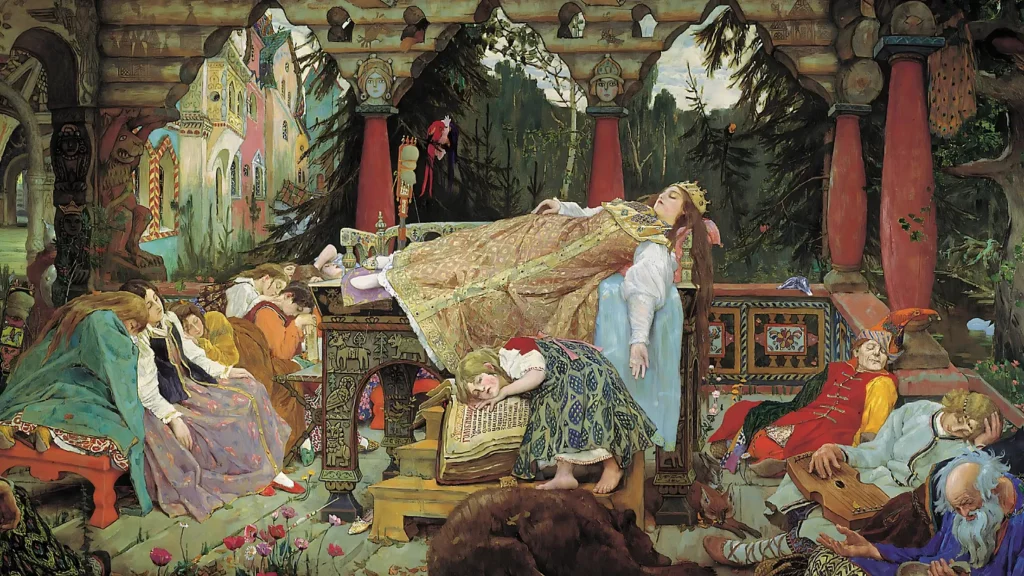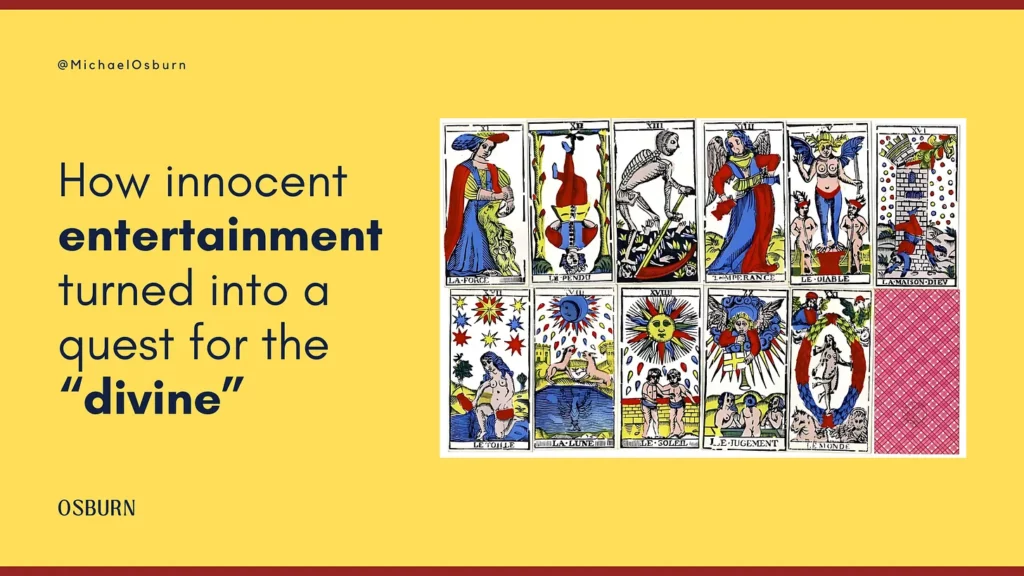3 Insights
“Man is fond of counting his troubles, but he seldom counts his joys.” — Dostoevsky
“If you only read the books everyone else is reading, you can only think what everyone else is thinking.” — Haruki Murakami
“Man is an animal, and his happiness depends upon his physiology more than he likes to think. This is a humble conclusion, but I cannot make myself disbelieve it. Unhappy businessmen, I am convinced, would increase their happiness more by walking six miles every day than by any conceivable change of philosophy.” — Bertrand Russell
What I Learned this Week
I recently discovered that people in the Middle Ages used to have something known as biphasic sleep. Instead of one long, uninterrupted rest, they followed a different routine, breaking their night into two distinct periods.
The first sleep, called primo sonno in Italy and premier somme in France, typically began around 9 PM. Depending on their wealth, people would rest on simple straw mattresses, rugs, or—if they were more fortunate—luxurious feather-stuffed bedding.
This is mentioned in Geoffrey Chaucer’s Canterbury Tales, written between 1387-1400, and has been found in a wide range of other sources, such letters, medical books, diaries and plays.

“More than that, preindustrial sleep, I came to discover, was segmented. Unlike the seamless slumber we strive to achieve, sleep once commonly consisted of two major intervals, a “first sleep” and a “second sleep,” bridged after midnight by an hour or more of wakefulness in which people did practically everything imaginable. They rose to perform chores, tend to sick children, raid a neighbor’s apple orchard. Others, remaining abed, recited prayers and pondered dreams.” — Roger Ekirch
At midnight they would wake up, for let’s say two hours. Having had a rest, it was time to complete tasks such as putting wood on the fire, returning to work on the farm or doing household chores.
When I can’t sleep, I find it best to jam on some work or even grab a book to read and relax. Being outside in the middle of the night can be a wild experience, even if you live in a modern city.
Propaganda in the Middle Ages
In the 15th century, tarot was a card game played for entertainment by European aristocrats. The game was known back then as tarocchi. An unknown artist added 22 new picture cards to an existing deck and because of this more and more artists decided over the years to create new paintings for the cards.
The paintings were inspired by Roman Gods, virtues like love, faith, and charity, or even allegories of human experience: death, life, and misfortune. During that period no one believed they had any mystical affiliation—they were simply made for fun.

Everything changed when Gébelin, a pastor, published a work in which he claimed that the tarot was not just a deck of playing cards but a surviving fragment of the legendary Book of Thoth, an Egyptian manuscript. This theory was entirely unfounded—there was no historical connection between tarot and Egypt—but it spread quickly. It was nonsense, but it was exciting—exactly what you need to create propaganda.
At the time, Europe was fascinated with Egypt, thanks in part to recent archaeological discoveries. The idea that tarot was a mystical, ancient artifact appealed to intellectuals, it was no longer simply a fun game of the aristocracy.
Before encountering Gébelin’s work, Etteilla was already involved in cartomancy—fortune-telling with playing cards. He had written books on the subject and had experience reading cards, but these were standard playing cards, not tarot. It wasn’t until after he read Gébelin’s theory that he began associating tarot with ancient Egyptian wisdom and designed the first tarot deck specifically for divination. Consider. Beware of the source.
Reflections
What are patterns and tactics used nowadays to spread ideas, and propaganda? Except for identifying them, how else can we absorb timeless wisdom yet defend against unfounded propoganda?
The Real Con 116
